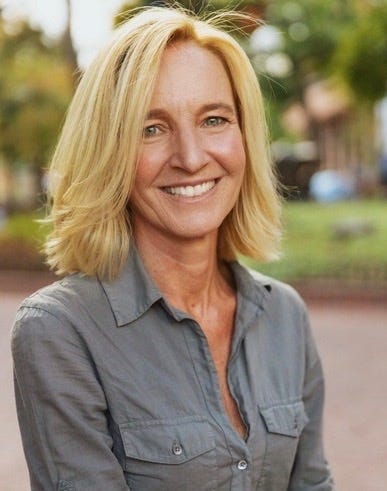
Aging Americans represent the country’s biggest demographic shift, with half the country over 50 and 10,000 Americans turning 65 every day. There are currently 76.4 billion baby boomers in the United States, representing a massive market opportunity for brands offering supplements that treat and prevent issues typically associated with aging, including CoQ10, resveratrol and DHEA. But baby boomers are dying at a rate of 5,700 per day.
As healthy aging has evolved into health span, consumers of all ages—not just the older ones—are turning to supplements to extend the number of years they spend free from chronic disease as well as the physical, cognitive and emotional deterioration that can accompany aging. According to consumer survey data published in Nutrition Business Journal’s recently released Longevity Report, supplements for healthy aging have been exponentially outpacing overall supplement industry growth since 2022 and will cross the billion-dollar threshold in 2027.
NBJ also found that more than half of consumers are taking supplements to extend their health span—and they’re not all seniors.
Younger generations are just as, if not more, likely to be more concerned about the quality rather than the quantity of their later years. Millennials, in particular, are watching their aging parents struggle with debilitating health and cognitive issues and realizing they don’t want to grow old that way. Already more proactive about their health than the generations preceding them, millennials are a ripe market with a lot of runway for products that could not only help them stave off wrinkles and male-pattern baldness but also heart disease and dementia.
The oldest millennials are now over 40. They’re starting to realize it’s taking a little longer to recover from their CrossFit WODs, and they can’t seem to find filters that will fully hide the deepening smile lines in their selfies. NBJ surveys found that one in five millennials is concerned about hair loss—twice as many as baby boomers—and nearly a third is taking collagen.
And when it comes to maximizing both health span and longevity, millennials are going all in on the biggest buzz in healthy aging circles these days: biohacking, or biological self-experimentation with the aim of fine-tuning both physiology and the nervous system to function optimally. NBJ found that taking supplements is the top activity or habit biohackers incorporate into their regimens, opening up a massive opportunity for supplement brands and over half of millennials—more than any other generation—were somewhat or very interested in biohacking. More than a third of millennials said they would be more likely to buy products that are labeled and marketed using the term biohacking.
For supplement brands, all of this means it’s time to take a good look at millennials.
Find out more in NBJ’s Longevity Report.
About the Author
You May Also Like






